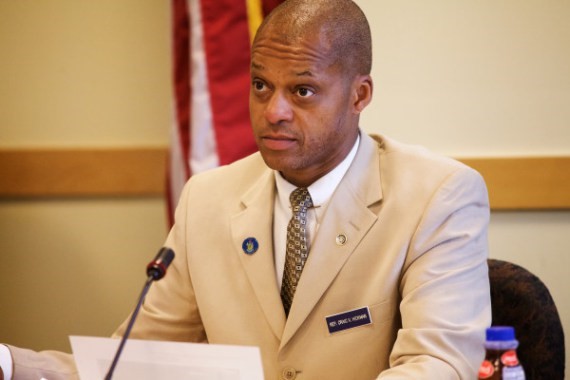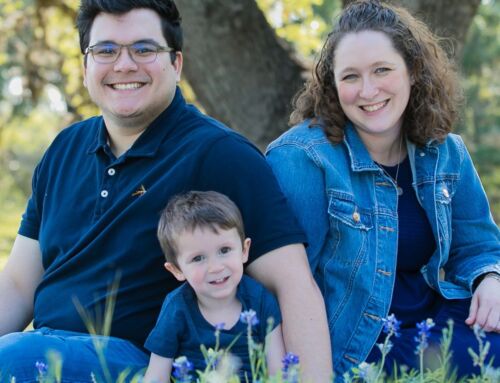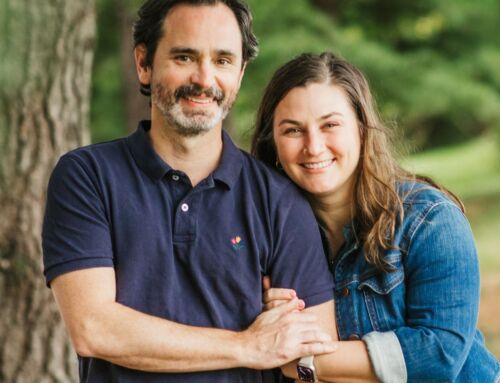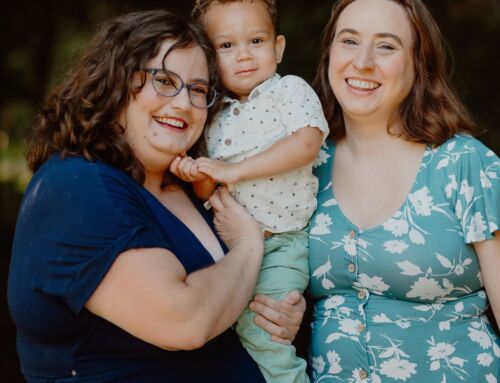Same-Sex Couples Among Utah’s Newest Foster Parents
Before the legalization of same-sex marriage, these couples were not allowed into the foster care placement program. Utah law stated that people in relationships that were not “legally valid” were prohibited from fostering, adopting or providing kinship care to children in state custody.
U.S District Court Judge Robert J. Shelby struck down Utah’s ban on same-sex marriage in December 2013. However, the state did not recognize these types of marriages until the Supreme Court declined to hear Utah’s appeal of a 10th Circuit Court of Appeals ruling that upheld Shelby’s decision, which took place in October 2014.
Following those events, Division of Child and Family Services Director Brent Platt sent out an email to the division’s employees and community stating that “DCFS recognizes all married couples and individuals who meet the licensing and DCFS criteria for preliminary, kinship, foster care and adoptive placements.”
There are currently 15 same-sex couples who have completed training or are taking classes to become licensed foster care providers, according to the Utah Foster Care Foundation. Same-sex couples make up a small percentage of Utah’s licensed foster parents but their numbers are slowly growing as a whole.
Maine Becomes Sixth State to Outlaw “Rehoming” of Adopted Children

Later this summer, Maine will become the sixth state to criminalize the transfer of adopted children from one family to the other without court approval, also known as “rehoming.”
Democratic Rep. Craig Hickman has been working to outlaw the rehoming of an adopted child younger than 18 years old without a court order. The bill amends Maine’s child abandonment laws and makes unauthorized rehoming punishable as a Class C offense when involving children 6 years old or younger, and a Class D offense for children 7 to 18 years old. Hickman’s bill received unanimous support in the legislature and gubernatorial veto override votes.
During a testimony in favor of the bill, Democratic Rep. Roberta Beavers stated that “Such transference of custody amounts to child trafficking, as this activity does not require court involvement or the vetting of the potential parents.”
According to the Federal Children’s Bureau, an estimated 10-20 percent of adoptions result in rehoming through private custody agreements, particularly when they involve older children or international adoption. These consist of simply transferring custody via power of an attorney, which often occurs without the extensive background, health and financial screenings required for most adoptive families.






